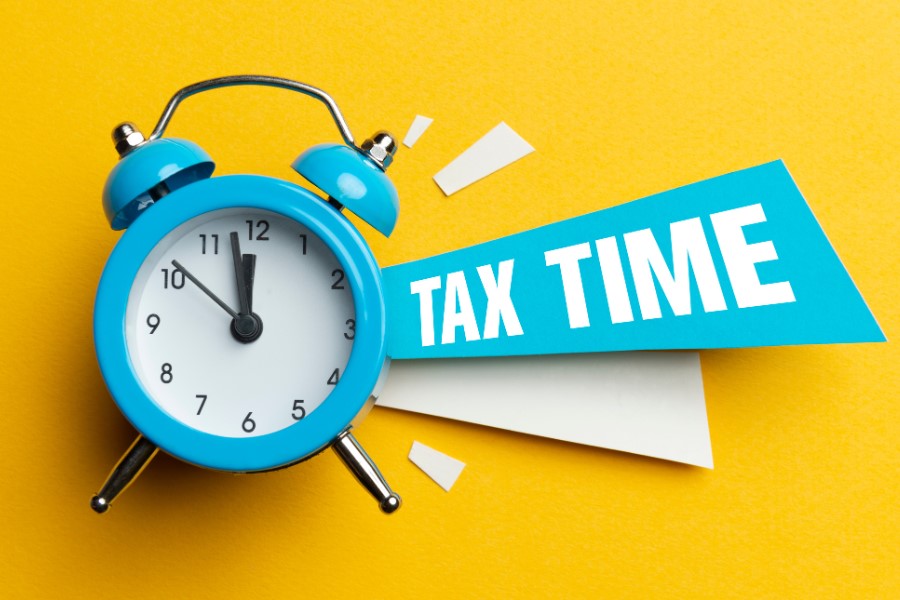

As the date approaches for Americans to pay their tax returns, a new survey offers a fresh look at the kind of pressure advisors’ clients may be feeling right now – and how some of them might be kicking the tax-filing can down the road.
TaxAct's report, which surveyed more than 1,100 participants 18 and older, found some individuals would prefer ordeals like eating old sushi or cleaning the oven over tackling their tax returns.
On average, individuals said they spend about eight hours stressing over tax preparation each year. With that much time spent worrying, just over two-fifths of respondents (43 percent) said they spend at least as much time putting off their tax preparation as they do actually dealing with it.
The struggle with taxes is especially real among younger generations, with Gen Z and millennials leading the procrastination phenomenon. According to the survey, these groups spend 30 percent to 40 percent more time delaying their tax filings compared to older respondents.
For Gen Y, the hesitation often results from reaching new life stages, such as marriage or homeownership, which introduce complexities to their tax situations.
Additionally, the survey revealed that millennials are more likely to have dependents than other generational cohorts (55 percent vs. 33 percent, respectively), further complicating their tax filings. That’s on top of their outsize participation in freelancing or the gig economy, as well as the likelihood that they're carrying student debt.
All in all, 47 percent of tax filers admitted to delaying their returns, with 61 percent taking at least one break before they complete the filing process.

Former Northwestern Mutual advisors join firm for independence.

Executives from LPL Financial, Cresset Partners hired for key roles.

Geopolitical tension has been managed well by the markets.

December cut is still a possiblity.

Canada, China among nations to react to president-elect's comments.
Streamline your outreach with Aidentified's AI-driven solutions
This season’s market volatility: Positioning for rate relief, income growth and the AI rebound
